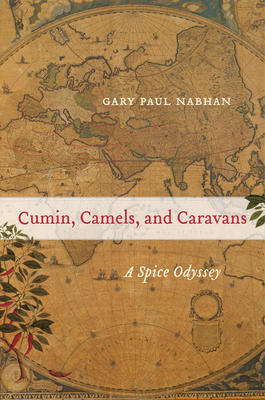Expedite your nonfiction book discovery process with Readara interviews, summaries and recommendations, Broaden your knowledge and gain insights from leading experts and scholars
In-depth, hour-long interviews with notable nonfiction authors, Gain new perspectives and ideas from the writer’s expertise and research, Valuable resource for readers and researchers
Optimize your book discovery process, Four-to eight-page summaries prepared by subject matter experts, Quickly review the book’s central messages and range of content
Books are handpicked covering a wide range of important categories and topics, Selected authors are subject experts, field professionals, or distinguished academics
Our editorial team includes books offering insights, unique views and researched-narratives in categories, Trade shows and book fairs, Book signings and in person author talks,Webinars and online events
Connect with editors and designers,Discover PR & marketing services providers, Source printers and related service providers

Cumin, Camels, and Caravans: A Spice Odyssey Volume 45
Cooking > Specific Ingredients - Herbs, Spices, Condiments
- University of California Press
- Paperback
- 9780520379244
- 9.2 X 6.6 X 1.5 inches
- 1.45 pounds
- Cooking > Specific Ingredients - Herbs, Spices, Condiments
- (Single Author) Asian American
- English
Readara.com
Book Description
Traveling along four prominent trade routes--the Silk Road, the Frankincense Trail, the Spice Route, and the Camino Real (for chiles and chocolate)--Nabhan follows the caravans of itinerant spice merchants from the frankincense-gathering grounds and ancient harbors of the Arabian Peninsula to the port of Zayton on the China Sea to Santa Fe in the southwest United States. His stories, recipes, and linguistic analyses of cultural diffusion routes reveal the extent to which aromatics such as cumin, cinnamon, saffron, and peppers became adopted worldwide as signature ingredients of diverse cuisines. Cumin, Camels, and Caravans demonstrates that two particular desert cultures often depicted in constant conflict--Arabs and Jews--have spent much of their history collaborating in the spice trade and suggests how a more virtuous multicultural globalized society may be achieved in the future.
Author Bio
Gary Nabhan, Ph.D., W.K. Kellogg Chair in Southwest Borderlands Food and Water Security, is an ethnobiologist, agroecologist, conservation biologist and cultural geographer trained at the University of Arizona and Prescott College.
He is author or editor of 26 books translated into 6 languages, a number of which have won awards. In addition to his research, teaching and community service on sustainable food systems, Nabhan farms during the summer in Patagonia, Arizona. Political Ecology of Food, Conservation Ranching and Ecosystem Services, Traditional Ecological Knowledge, Sustainable Food Systems, and Science Writing.
Current Projects: Tumamoc Hill phenology change; Sonoran Desert oasis initiative (with Susie and Paul Fish); Sabores Sin Fronteras Foodways Alliance; Stitching the West Back Together working landscapes initiative (with Tom Sheridan and Susan Charnley); biodiversity of desert oases (with Rafael Routson and Amadeo Rea); Renewing America's Food Traditions agrobiodiversity inventory (with Collaborative, American Livestock Breeds Conservancy and Western Folklife Center); climate change adaptation and agrobiodiversity (with the University of Arizona Institute for the Environment).
Source: The University of Arizona
Videos












Community reviews
No Community reviews

